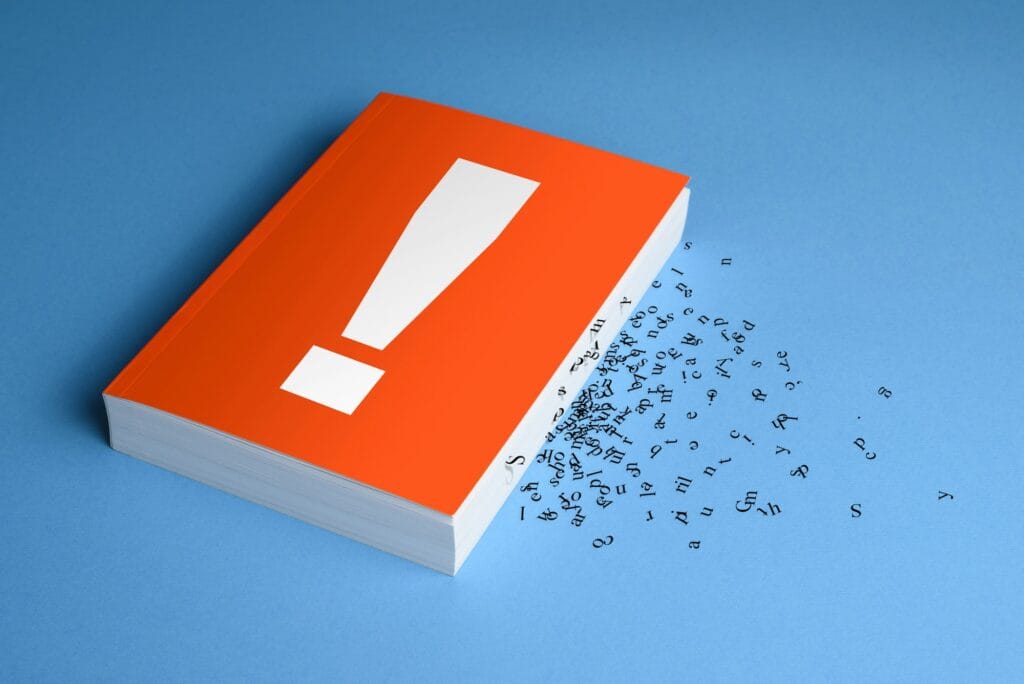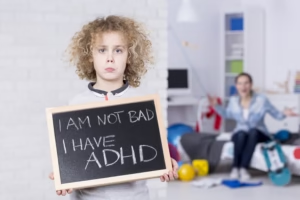
Two mental health experts have joined forces to make an uplifting podcast about well-being and personal growth. We use this show to share fresh and sometimes eye-opening ideas, helping listeners create a more fulfilling life. We’re not pushing any one viewpoint – instead, we’ll bring in guests from all walks of life to expand our understanding of the world. Come along with us as we explore different outlooks together.
Sheree and AJ talk about self-diagnosis on social media platforms like TikTok and Instagram. They discuss the risks of relying on online information and why it’s important to seek professional help. Join them for an honest conversation about mental health and how to stay safe when looking for answers.

In today’s social media-driven world, self-diagnosis has become increasingly common, especially among younger generations. While increased mental health awareness is positive, the trend of casual self-diagnosis can be problematic. Let’s explore some key insights about this phenomenon and why professional evaluation is crucial.
The Rise of Social Media Diagnoses
Many people turn to social media platforms like TikTok, Instagram, and Facebook for mental health information. Influencers and content creators often share lists of symptoms, claiming that experiencing them likely indicates a specific disorder. However, this oversimplified approach can be misleading.
As licensed therapist Sheree points out:
“These symptoms could indicate that, but they could also be something else entirely. That’s a big part of the problem with social media diagnoses.”
The Danger of Oversimplification
Mental health is complex. A short list of symptoms cannot accurately capture the nuances of psychological disorders. **Proper diagnosis requires:
- Establishing a baseline over time
- Ruling out physical health issues
- Considering context and severity
- Evaluating against diagnostic criteria
Licensed professionals undergo extensive training to make accurate diagnoses. Social media content often lacks this depth and clinical perspective.
The Problem with Casual Labels
There’s a concerning trend of people casually claiming diagnoses without professional evaluation. As AJ notes:
“Mental health disorders are the weirdest thing – no one goes around saying ‘I’m a diagnosed flu.’ But with mental health, it’s ‘Oh I’m a diagnosed BPD.'”
This casual labeling can trivialize real disorders and lead to misunderstandings. It may also cause people to mistakenly self-diagnose rather than seek proper care.

The Limitations of Quick Assessments
Some people receive diagnoses after very brief interactions with mental health providers. However, thorough evaluation takes time. As Sheree explains:
“We need to see people for an extended period to get a baseline. Maybe I have all those symptoms one week, but feel very different the next.”
Rushing to diagnosis without adequate observation can lead to inaccurate conclusions.
The Importance of Professional Expertise
While increased mental health awareness is positive, self-diagnosis is not a substitute for professional evaluation. Mental health providers have specialized training to:
- Conduct thorough assessments
- Consider differential diagnoses
- Evaluate severity and impact
- Determine appropriate treatment
They also understand the nuances and limitations of the diagnostic process.
The Value of Addressing Behaviors vs. Labels
Rather than fixating on labels, it’s often more helpful to focus on specific behaviors and challenges. As AJ notes:
“We should focus on behaviors and address the behavioral aspect rather than tackling the symptoms.”
This approach allows for more targeted interventions without getting caught up in diagnostic debates.
The Need for Psychological Flexibility
Ultimately, mental wellbeing involves more than just diagnosis and symptom reduction. Developing psychological flexibility – the ability to adapt to challenges and pursue meaningful goals despite discomfort – is key.
As AJ explains:
“It’s not about feeling better. It’s about living a life worth living and bringing that uncomfortable [feeling] with you.”
Learning to navigate difficult thoughts and emotions, rather than avoiding them, leads to greater resilience and fulfillment.
While social media can raise awareness about mental health, it’s crucial to approach self-diagnosis cautiously. Proper evaluation by trained professionals provides more accurate, nuanced, and helpful insights for addressing mental health challenges. By focusing on developing coping skills and psychological flexibility, rather than chasing labels, we can cultivate greater wellbeing.
The Complexity of Diagnosis
It’s crucial to understand that proper mental health diagnosis is a complex process. As AJ explains:
“Most likely not. Even when you go to a therapist and they give you a diagnosis, it lacks a lot of validity.”
He goes on to discuss two key criteria in determining the scientific validity of diagnoses:
- Reliability: This refers to whether retaking an assessment multiple times would yield the same result. Many personality tests lack this reliability.
- Validity: This means measuring what you claim to be measuring. There are different types of validity, but a concerning one in mental health is “face validity” – where society agrees something seems right without proper scientific backing.
These issues highlight why self-diagnosis or quick professional diagnoses can be problematic. Without rigorous scientific backing, labels may not accurately reflect an individual’s true experiences or needs.
The Influence of External Factors
It’s important to consider how external factors can influence diagnoses. AJ points out:
You already know the DSM-V in affiliation with the pharmaceutical industry, there’s a huge bias that’s not being disclosed.
This highlights how financial interests and medical models of mental health can shape diagnostic criteria and practices. Being aware of these influences can help us approach diagnoses more critically.
The Risk of Misdiagnosis and Self-diagnosis
Misdiagnosis is a significant concern in mental health. AJ shares a startling statistic:
“40 percent of serious mental health disorders were misdiagnosed. And these serious, they consider serious as schizophrenia, borderline bipolar.”
This high rate of misdiagnosis for even severe conditions underscores the need for thorough, professional evaluation rather than relying on self-diagnosis or quick assessments.
The Value of Longitudinal Assessment
Sheree emphasizes the importance of observing patterns over time:
“We have to establish a baseline across an amount of time. It’s like a longitudinal thing, which the longitudinal is only in our case, it could be a month or a month and a half, two months.”
This longitudinal approach allows professionals to distinguish between temporary states and persistent patterns, leading to more accurate understanding of an individual’s mental health.
The Role of Physical Health
It’s crucial not to overlook physical health when considering mental health symptoms. Sheree advises:
“If you are experiencing these things, these are pretty extreme things, and then you definitely should go to your doctor, see if there’s, maybe get some blood work done.”
Many physical health conditions can manifest with symptoms that mimic mental health disorders. A thorough evaluation should always consider potential physical causes.
The Danger of Avoidance
While seeking support is important, it’s crucial to examine the motivation behind our actions. AJ points out:
“If you go out there and to talk to somebody to get rid of your uncomfortable [feelings], what’s the difference between that and avoidance [through] drugs or alcohol?”
He emphasizes that constantly trying to avoid uncomfortable thoughts and feelings can be counterproductive. Instead, learning to accept and work with discomfort is often more beneficial in the long run.
The Importance of Values-Based Action
Rather than focusing solely on symptom reduction, AJ advocates for a values-based approach:
Values work I think is extremely crucial and values is very grounded in the reality… in order to become the type person you want to be is driven not by thoughts but by action.
This approach encourages individuals to pursue meaningful goals and live according to their values, even in the presence of difficult thoughts or feelings.
The Power of Perspective-Taking
AJ introduces the concept of psychological flexibility, which involves the ability to view situations from different perspectives. He uses the metaphor of a coach versus a player:
“We are capable of engaged at that coach perspective… This is psychological flexibility is you’re able to take different perspective. Looking at yourself.”
This skill allows individuals to step back from their immediate experiences and make more intentional choices about how to respond.

Conclusion: Beyond Diagnosis
While understanding mental health conditions is important, fixating on diagnoses – especially self-diagnoses – can sometimes do more harm than good. Instead, focusing on developing psychological flexibility, pursuing values-based actions, and seeking professional support when needed can lead to more meaningful improvements in mental wellbeing.
As we navigate the complex world of mental health, it’s crucial to approach information critically, seek professional guidance when needed, and remember that our experiences are often more nuanced than any label can capture. By developing a more flexible, values-driven approach to mental health, we can cultivate greater resilience and fulfillment in our lives.



